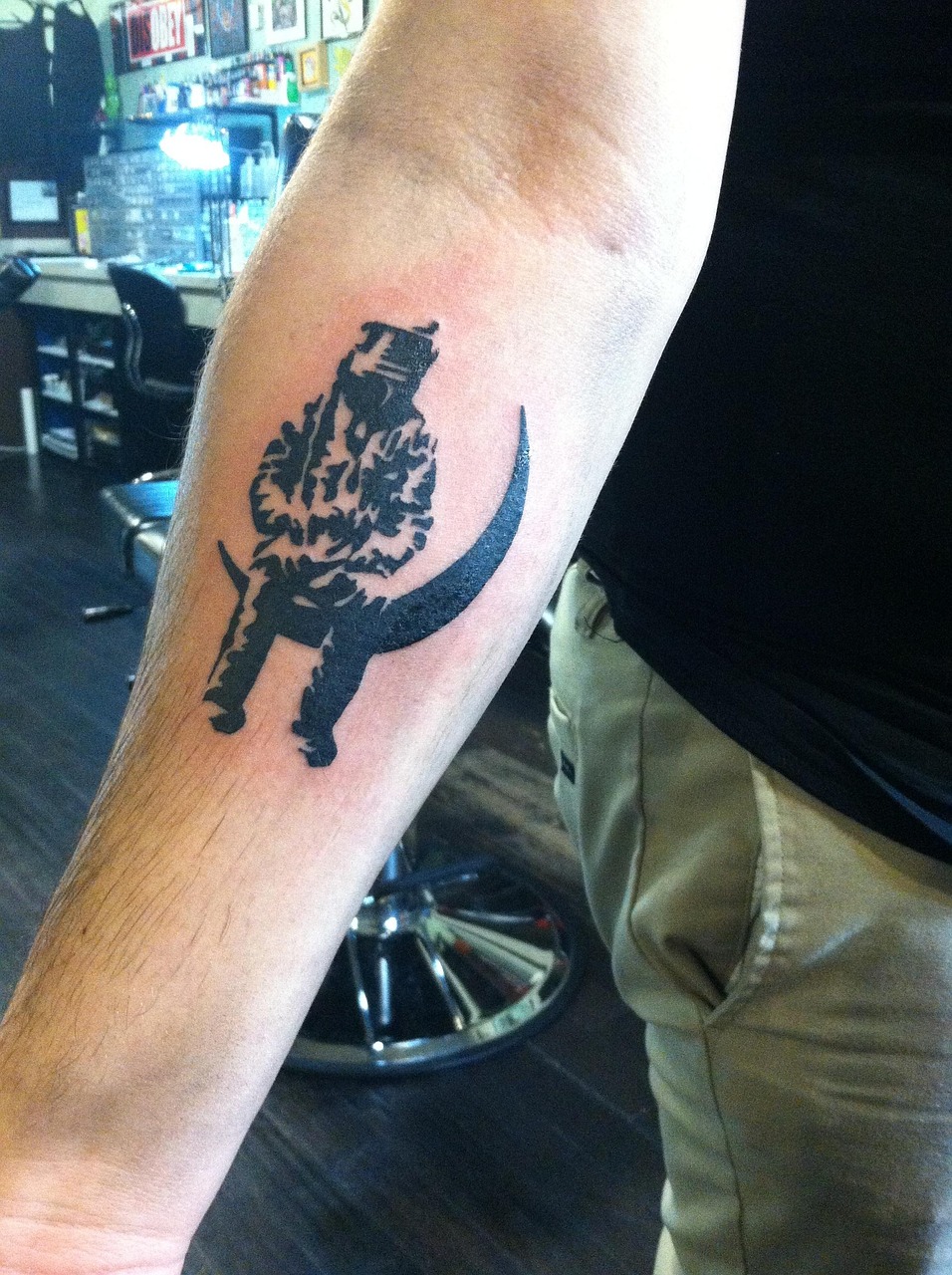AITA for telling a dude in a wheelchair that he has big forearms?
 Image credit: Pixabay (This is example image – Not the actual photo)
Image credit: Pixabay (This is example image – Not the actual photo)
AITA for Commenting on a Stranger’s Forearms?
When a young man strikes up a lighthearted conversation with a person in a wheelchair, he thinks he’s just sharing a laugh. However, a seemingly innocent comment about the man’s forearms leads to an unexpected fallout, leaving him questioning his intentions and the impact of his words. This story raises thought-provoking questions about sensitivity, humor, and the complexities of social interactions, making it relatable to anyone who’s ever navigated the tricky waters of casual conversation. Can a compliment turn into an insult, and where do we draw the line in our attempts to connect with others?
Family Drama and Conflict Resolution in a Grocery Store Encounter
In a recent incident that sparked some family drama, a young man, 21, found himself in an unexpected conflict while shopping at a grocery store. The situation unfolded as follows:
- Initial Encounter: The young man was casually walking through the grocery store when he noticed an individual in a wheelchair. They struck up a conversation, during which the man made a light-hearted comment about his own slim physique.
- Joking Response: In a playful exchange, the young man remarked on the size of the wheelchair user’s forearms, intending it as a compliment. However, the tone of the conversation shifted abruptly.
- Reaction: The wheelchair user’s smile quickly faded, and he rolled away, indicating that the comment was not received as intended. This unexpected reaction left the young man confused.
- Confrontation: A few minutes later, the wheelchair user’s spouse approached the young man. They expressed their displeasure, stating that his comment was inappropriate and that he should apologize for it.
- Apology: Despite feeling that he had not done anything wrong, the young man decided to apologize to the spouse. He felt pressured to resolve the conflict, even though he believed his intentions were harmless.
- Reflection: After the encounter, the young man reflected on the situation. He grappled with feelings of confusion and frustration, questioning whether he truly was in the wrong for his comment.
This incident highlights the complexities of communication and the potential for misunderstandings, especially in sensitive contexts. It serves as a reminder of the importance of considering how our words may be perceived by others, particularly in situations involving physical differences or disabilities. The young man’s experience illustrates the challenges of conflict resolution in everyday interactions, especially when intentions are misinterpreted.
Ultimately, this grocery store encounter serves as a case study in family drama and the nuances of social interactions, emphasizing the need for empathy and understanding in our communications with others.
This is Original story from Reddit
 Image credit: Pixabay (This is example image – Not the actual photo)
Image credit: Pixabay (This is example image – Not the actual photo)
Story
I, a 21-year-old, was walking in a grocery store when I saw someone in a wheelchair. We were having a conversation when he started joking around with me about how skinny I was, not in a bad way. I exclaimed that his forearms were huge.
His smile quickly faded, and then he rolled away. His spouse came over and found me a few minutes later. She told me that I was a jerk for saying that and that I should apologize.
I ended up apologizing, but I felt like I wasn’t in the wrong.
View the Original Reddit Post Here
Summary of Reddit Comments
The top Reddit comments indicate a general agreement that the original commenter is not at fault (NTA) for their remarks about body image. Many users emphasize that if someone is sensitive about their own body, they should refrain from making comments about others’ bodies, highlighting the importance of mutual respect in discussions about physical appearance. Additionally, there is a consensus that the spouse’s reaction was unwarranted, as the original commenter did not intend to offend.
Verdict: NTA
Expert Advice for Resolving the Conflict
Conflict resolution can be challenging, especially when misunderstandings arise from well-intentioned comments. Here are some practical steps for both the young man and the wheelchair user’s spouse to help navigate this situation with empathy and understanding:
For the Young Man
- Reflect on Intent vs. Impact: Take time to consider how your words may have been perceived, even if your intentions were harmless. Understanding the impact of your comments can help you grow in your communication skills.
- Reach Out for Clarification: If you feel comfortable, consider reaching out to the wheelchair user or their spouse to express your desire to understand their perspective better. A simple message acknowledging the misunderstanding can go a long way.
- Learn from the Experience: Use this incident as a learning opportunity. Research or engage in conversations about disability awareness and sensitivity to better navigate similar situations in the future.
For the Wheelchair User’s Spouse
- Communicate Openly: While it’s important to protect your partner, consider discussing the situation with them first. Understanding their feelings can help you approach the young man with more context and empathy.
- Express Feelings Calmly: When addressing the young man, focus on expressing how the comment made your partner feel rather than labeling the young man as inappropriate. This can foster a more constructive dialogue.
- Encourage Understanding: Instead of demanding an apology, encourage a conversation about body image and sensitivity. This can help both parties learn from the experience and promote mutual respect.
For Both Parties
- Practice Empathy: Both sides should strive to understand each other’s perspectives. Recognizing that everyone has different sensitivities can help foster a more compassionate interaction.
- Seek Common Ground: Focus on shared experiences or values that can help bridge the gap. Finding common ground can ease tensions and promote understanding.
- Consider Professional Guidance: If the conflict continues to weigh heavily on either party, consider seeking the help of a mediator or counselor who specializes in communication and conflict resolution.
By taking these steps, both the young man and the wheelchair user’s spouse can work towards resolving the conflict in a way that promotes understanding and respect. Remember, effective communication is key to preventing misunderstandings and fostering positive interactions.
Join the Discussion
 Image credit: Pixabay (This is example image – Not the actual photo)
Image credit: Pixabay (This is example image – Not the actual photo)
What do you think? Would you have handled this differently?
Share your thoughts below! Vote: Do you agree with Reddit’s verdict?








